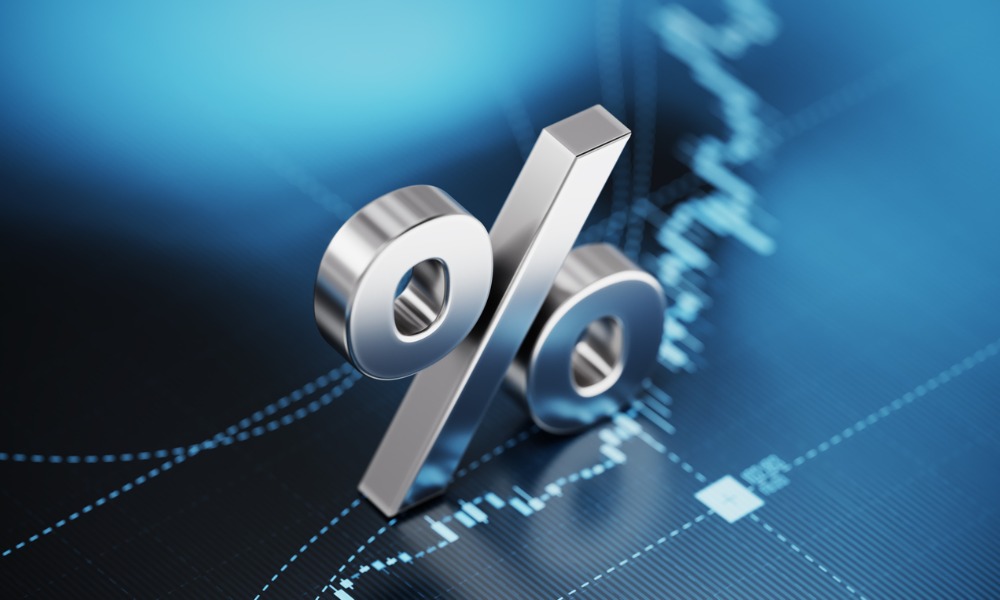There are currently no lenders offering 7 year fixed rate products at the moment.

There are currently no lenders offering 7 year fixed rate products at the moment.
Check back weekly or favourite this page to keep an eye on the ever-changing 7-year fixed-rate mortgage rates. The table below is updated as of May 7, 2025 and rates are subject to change.
7 Year Fixed Rate mortgages
There are currently no lenders offering these products at the moment.
7 Year Fixed Rate Mortgages FAQs
What is the best term for fixed rate mortgage?
Determining the most suitable term for a fixed-rate mortgage can vary depending on individual financial situations, goals, and preferences. AS you can see, there are not a lot of offerings in the 7-year fixed rate mortgage space, but that doesn’t mean it’s a bad option.
If you are planning to make changes to your financial situation or move soon, a shorter fixed-term such as a two-year fixed-rate mortgage could be an excellent option. This term can also be advantageous if interest rates are expected to decrease soon, as it provides the opportunity to renegotiate your mortgage at a lower rate in the near future.
In contrast, a longer fixed-term, such as a 7-year fixed-rate mortgage, may be more appropriate if you are looking for stability and predictability in your mortgage payments over an extended period. This can be beneficial if you plan to stay in your home for a longer period and want to avoid the risk of interest rate increases.
Choosing a 7-year fixed-rate mortgage, or a shorter option, depends on individual circumstances such as income, expenses, and financial goals. Speaking with a mortgage advisor who can provide tailored advice and help select the most appropriate fixed-rate term is essential.
Is it best to get a fixed-rate mortgage now?
The decision of whether to opt for a fixed-rate mortgage or not depends on various factors such as your risk tolerance, market conditions, and financial situation.
Fixed-rate mortgages provide the benefit of stable and predictable payments, which can be desirable for many borrowers. If you prioritize payment stability and certainty, then a fixed-rate mortgage could be a good fit for you. Currently, interest rates are low, and it may be an opportune time to lock in a fixed rate mortgage. However, it's important to note that interest rates are variable and unpredictable, and if rates were to drop, a fixed-rate mortgage could end up costing more in interest compared to a variable rate mortgage.
It's also crucial to consider the potential trade-off between interest rate stability with a fixed-rate mortgage and flexibility with a variable rate mortgage. Variable rate mortgages typically offer lower interest rates, but your payments may fluctuate depending on changes in interest rates.
Ultimately, the decision to go with a fixed-rate mortgage should be based on your unique financial goals and circumstances. Consulting with a mortgage expert could be beneficial in understanding your options and determining which mortgage type suits your needs.
Is a 5% mortgage interest rate high?
Determining whether a 5% interest rate on a mortgage is high or low depends on multiple factors, including historical standards, current market conditions, and your individual financial situation. Consulting with a mortgage professional and considering these factors can help you determine whether a 5% interest rate is favorable for a 7-year fixed-rate mortgage or not.
A 5% mortgage interest rate can be seen as relatively low by historical standards. In the past, interest rates have been much higher, reaching up to 18% in the 1980s and hovering around 7-8% in the early 2000s. However, it's important to consider various factors, including current market conditions and your individual financial situation, when assessing whether a 5% interest rate is high or low.
Interest rates are influenced by a range of factors, such as inflation, economic growth, and government monetary policies. Current market conditions can also play a role in determining interest rates. During periods of economic uncertainty, interest rates may be lower to stimulate the economy, whereas during times of economic growth, interest rates may be higher to prevent inflation.
Will mortgage rates go down in the next 7 years?
Forecasting whether mortgage rates in the UK will decline over the next 7 years, and figuring out to choose a 7-year fixed-rate mortgage or not, is challenging due to various factors affecting them, including the Bank of England's base rate, inflation, and global economic conditions. Nevertheless, some predictions suggest a fall in mortgage rates starting in 2024, implying a decline over the next 7 years. This may push you towards choosing a shorter fixed-rate mortgage instead of the 7-year.
Other factors such as inflation and the Bank of England's monetary policy could lead to rate stability or even an increase. It's worth considering other aspects, such as property prices, personal financial situation, and long-term goals when deciding to purchase a property, not just the mortgage rate. Seeking advice from a mortgage advisor can help determine whether a fixed-rate or variable-rate mortgage is best based on individual circumstances.



